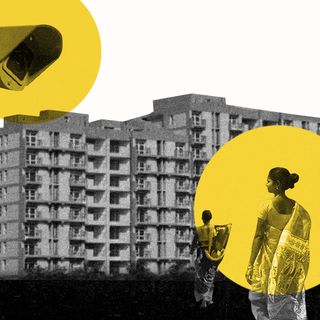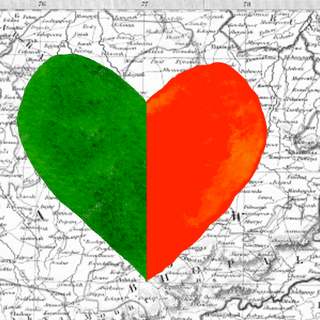Last week, Delhi Police filed an FIR against the creators of a farmers’ protest toolkit shared on Twitter by international climate advocate Greta Thunberg. On Sunday, the Delhi police arrested 21-year-old climate activist Disha Ravi, who they say was involved in building the toolkit. Ravi is now being held in police custody and is facing charges of sedition and criminal conspiracy.
The Delhi police has said this toolkit contains calls to “wage economic, social, cultural, and regional war against India.” The document, which contains basic information about the current farmers’ agitation in India — essentially, the how, what, and why of it — is being treated as a sinister tool used by ‘anti-nationals’ to further a conspiracy against the country.
The news prompted social media users around the country to take issue with this conspiratorial framing. Communications consultant Asmita Ghosh tweeted, “Social media toolkits are how nearly every social justice campaign organizes itself … Toolkits are the best way to put all the info about an issue in a single place, and then provide instructions on how to amplify that info for people that want to do so. Every organization from UN bodies to campaigning platforms to national & international NGOs uses them.”
Related on The Swaddle:
Evidence in Bhima Koregaon Case Was Planted on Activists’ Computers, Report Finds
The farmers’ protest toolkit in question states it is “meant to enable anyone unfamiliar with the ongoing farmers protests in India to better understand the situation and make decisions on how to support the farmers based on their own analysis.” It provides context for the farmers’ agitation and why they’re protesting: “Despite thousands of suicides caused due to indebtedness and lack of structural support, an absence of solutions to deeply-rooted problems has further been exacerbated by the new farm laws that were passed without any consultation with these farmers who provide for a majority of the Indian population’s daily food consumption.”
The toolkit then goes on to provide activism avenues for people who want to help the farmers’ movement, asking people to tweet their support with hashtags #FarmersProtest and #StandWithFarmers, email government representatives, sign petitions, and organise on-ground protests. It reads like a standard white paper with suggested actions, versions of which several activists have already written and posted on social media to aid the farmers’ movement. Despite toolkits being a common communication tactic, Thunberg’s was targeted because it brought increased scrutiny onto the Indian government after the high-profile, international activist tweeted it.
In a country where dissent against the government’s policies is increasingly suppressed and criminalized, even commonplace, regular programming becomes a vehicle through which dissenters are endangered. The toolkit ‘conspiracy’ is one example showing how activists — no matter their intentions or their run-of-the-mill methods — are not safe in India.




